Keywords: Tony Fitzgerald
-
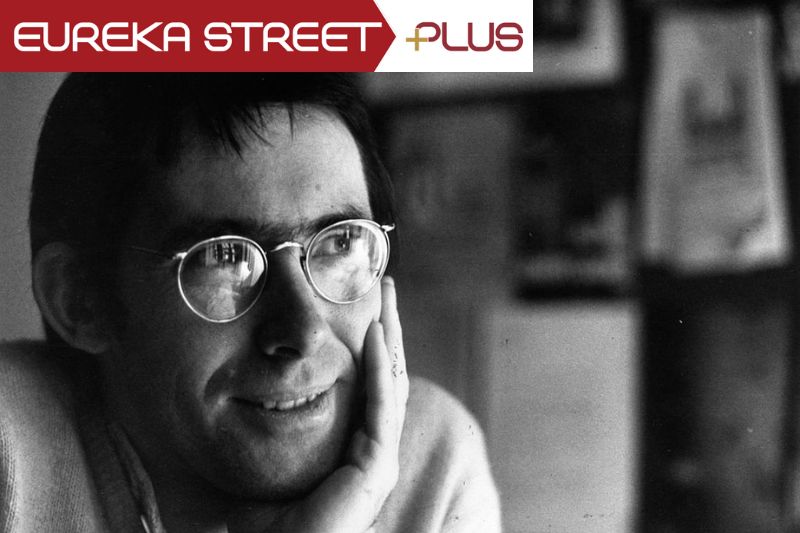
ARTS AND CULTURE
- Peter Craven
- 14 June 2023
Ian McEwan's Lessons marked a sharp twist in a five-decade literary career, and presents an opportunity to reflect on his expansive body of work. The one-time literary rogue and Booker laureate now stands as the unquestioned doyen of modern English fiction, his audacious work perpetually navigating undercurrents of unease.
READ MORE 
-
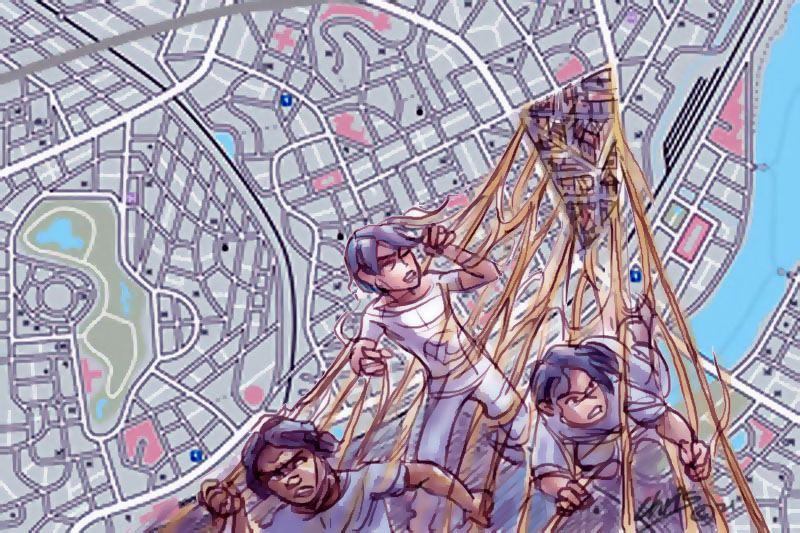
AUSTRALIA
- Ross Homel
- 09 December 2021
2 Comments
A small minority of localities situated outside Greater Brisbane suffer from disproportionately high rates of a wide array of problems including low income, overcrowding, long-term unemployment, particulate matter in the air, no internet, child maltreatment, and youth crime. These different strands of disadvantage pile-up and interlock, countering attempts to break free.
READ MORE 
-
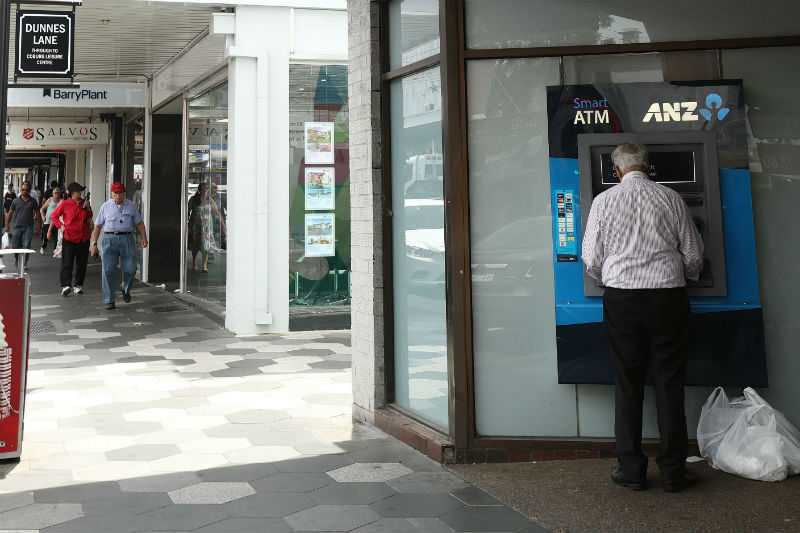
AUSTRALIA
- Moira Rayner
- 07 February 2019
9 Comments
An academic friend of mine made a dilligent and well-argued case that Hayne had failed in his task to 'tackle bank structure'. With the greatest of respect, this was not the job Hayne had to do. To imagine otherwise is to misunderstand both the law, and what it is 'meant' to do in the hands of those who are judicially trained.
READ MORE 
-
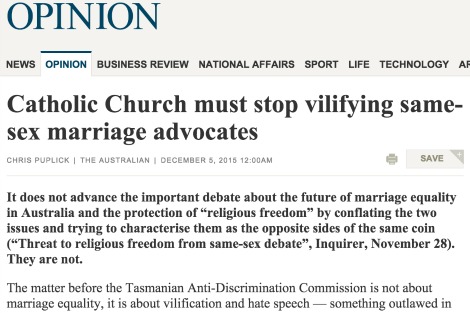
RELIGION
- Frank Brennan
- 11 December 2015
39 Comments
Chris Puplick, a former senator and former president of the NSW Anti-Discrimination Board, is one of a rising chorus expressing strong objections to the Australian Catholic bishops daring to evangelise and speak publicly about their views on same sex marriage. I too would be very upset if my bishops were saying, as Puplick claimed in an opinion piece in The Australian, that homosexuals are 'seriously depraved, intrinsically disordered, less than whole and messing with kids'. But they're not.
READ MORE 
-

AUSTRALIA
- Frank Brennan
- 10 December 2015
I first met this Tony on my regular visits here to Darwin when he was working at the North Australian Aboriginal Legal Aid Service and then when he set up the mediation services under the auspices of Anglicare. In later years I knew him when he was your Anti-Discrimination Commissioner. He was a quiet, considered, gentle, strong and principled man. On Human Rights Day, it is only fitting that I honour Tony by offering some reflections on the architecture for human rights in Australia, on the contemporary human rights controversies, and on the way forward for better protection of the human rights of Aborigines and asylum seekers, two marginalised groups who had a special claim on Tony's sympathies.
READ MORE
-
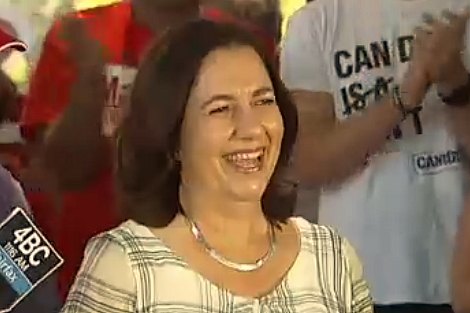
AUSTRALIA
- Moira Rayner
- 03 February 2015
18 Comments
Queensland’s new premier is a plain-spoken, modest woman with a ‘foreign’ name. She was triumphant after the self-confident three year reign of Campbell Newman. Tony Abbott also did his bit for the Queensland result, as a man of power who characteristically overreaches and is yet to learn the lesson that the right to rule has to be earned, every day, from the people.
READ MORE 
-
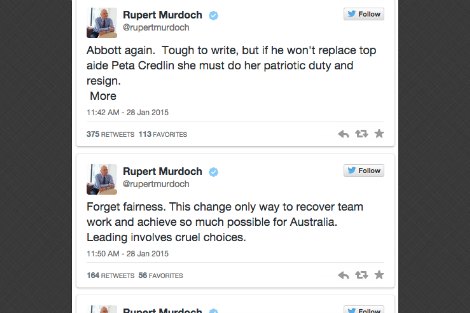
AUSTRALIA
- Michael Mullins
- 02 February 2015
9 Comments
Rupert Murdoch’s tweets about the Prince Philip knighthood were as bizarre as the knighthood itself. It’s clear that the Prime Minister will not comply with Murdoch’s wishes because they were expressed so publicly and in such a self-discrediting manner. But if his directions had been issued behind closed doors, they might have been taken seriously and acted upon.
READ MORE 
-
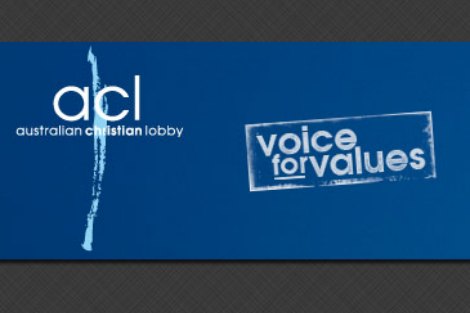
AUSTRALIA
- John Warhurst
- 04 November 2014
14 Comments
The ACL's recent national conference was held in Canberra and featured Opposition Leader Bill Shorten as keynote speaker. Appearances at the lobby's conferences have become something of a political rite of passage in recent years. Despite serious academic criticism from Professor Rodney Smith of the University of Sydney questioning its claims to political influence, it is now established in the top echelon of lobbying groups.
READ MORE 
-
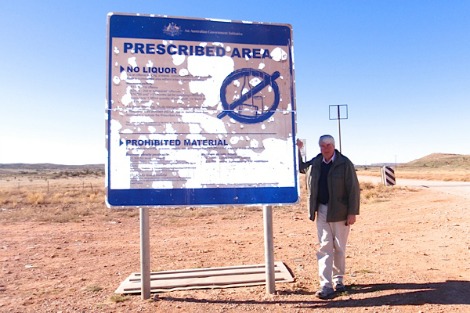
AUSTRALIA
- Frank Brennan
- 14 June 2013
7 Comments
The Northern Territory Parliament will soon debate a proposed treatment scheme for up to 800 problem drinkers a year. It will be a case of unprincipled, unworkable lawmaking unless the NT is more attentive to medical, legal and community opinion within its own jurisdiction and 'from down south'. Just because a proposal is novel doesn't mean it's a good idea.
READ MORE 
-

AUSTRALIA
The Rudd years, like the Howard years, were years of stasis, even regression, in Australia-China relations. Refreshingly, Julia Gillard chalked up a major foreign policy success this week, putting Australia-China relations back on the track trailblazed by Gough Whitlam and Bob Hawke many years ago.
READ MORE 
-
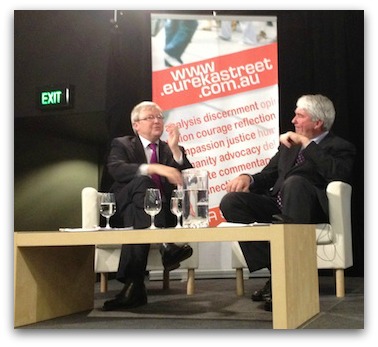
AUSTRALIA
- Michael Mullins
- 20 August 2012
5 Comments
On Friday evening, Eureka Street's inaugural Discerning Conversation took place between former prime minister Kevin Rudd and Fr Frank Brennan. It was the end of a week during which federal Parliament enacted legislation for offshore refugee processing. But the Rudd-Brennan conversation began with the recollection that Queensland politicians rejected individual greed following the Fitzgerald Inquiry in '89.
READ MORE 
-
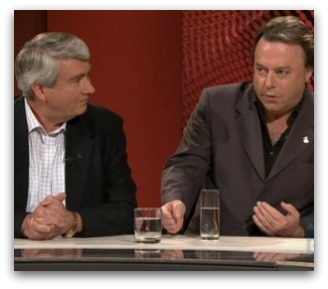
RELIGION
- Frank Brennan
- 18 July 2011
5 Comments
When I appeared on Q&A with Christopher Hitchens, a young man asked whether we can 'ever hope to live in a truly secular society' while the religious continue to 'affect political discourse and decision making' on euthanasia, same-sex unions and abortion. Hitchens was simpaticao. I was dumbstruck.
READ MORE